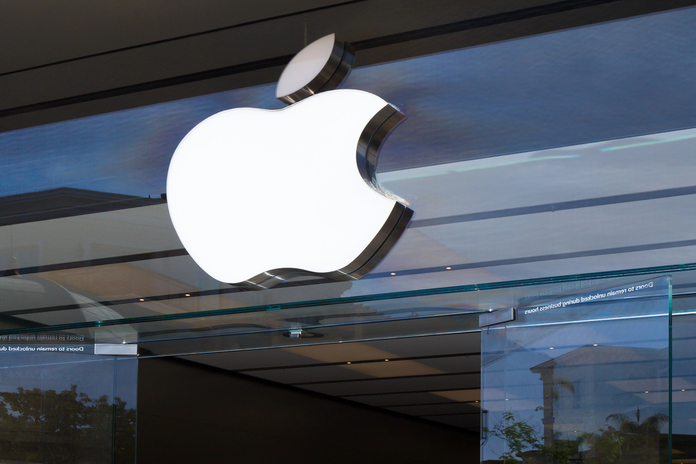The medtech industry is undergoing a significant transformation, driven by the rapid advancements in wearable technology. These devices, ranging from fitness trackers to advanced health monitors, are becoming increasingly popular among consumers due to their ability to provide real-time health data and insights. The market is ripe with opportunities, especially as healthcare providers and tech companies collaborate to integrate these wearables into broader health management systems.
Wearable technology in medtech is not just about monitoring physical activity anymore. It has evolved to include devices that can track vital signs, manage chronic diseases, and even predict potential health issues before they become critical. This shift is largely driven by the increasing demand for personalized healthcare solutions and the growing awareness of preventive health measures.
One of the key players in this market is Apple Inc. (NASDAQ:AAPL), which has been at the forefront with its Apple Watch series. The device has gained popularity not only as a fitness tracker but also as a health monitoring tool, capable of performing ECGs and detecting irregular heart rhythms. This has set a precedent for other tech companies to follow suit and innovate further.
The integration of artificial intelligence (AI) and machine learning (ML) into wearable devices is another trend reshaping the medtech landscape. These technologies enable wearables to provide more accurate health data, offer personalized insights, and even alert users to potential health risks. Companies investing in AI-driven solutions are likely to gain a competitive edge in the market.
Despite the promising opportunities, the medtech wearable industry faces several challenges. Data privacy and security remain major concerns as these devices collect sensitive health information. Companies must ensure robust data protection measures to gain consumer trust and comply with regulatory standards.
Moreover, the high cost of advanced wearable devices poses a barrier to widespread adoption. To address this, companies are exploring partnerships with healthcare providers and insurers to subsidize costs and make these devices more accessible to a broader population.
In conclusion, the medtech wearable market is poised for significant growth, driven by technological advancements and the increasing demand for personalized healthcare solutions. Companies that can navigate the challenges of data privacy and cost barriers while leveraging AI and ML technologies will likely lead the way in this evolving industry.
Featured Image: Depositphotos



